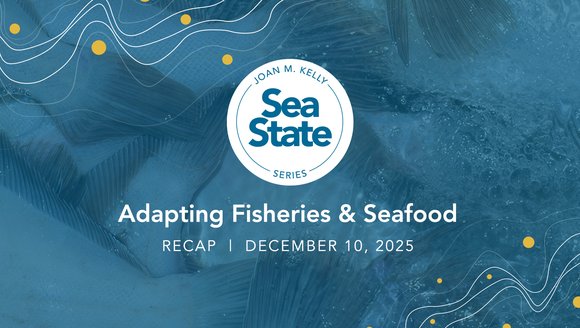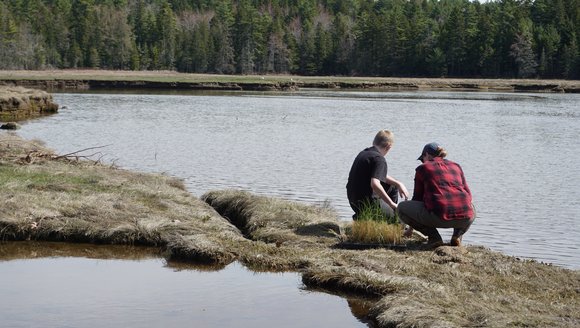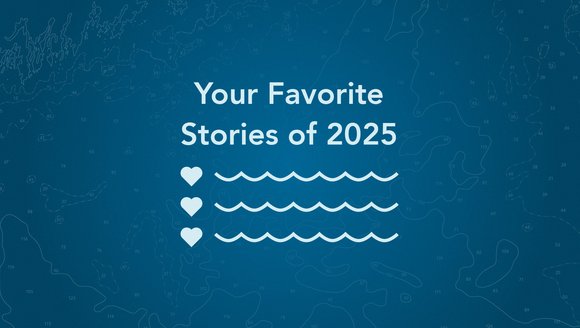Solar Power and the Aquaculture Industry
Deploying solar energy on aquaculture farms.
One of the barriers to creating a net-zero shellfish industry is the lack of access to the electric grid on ocean-based farms. To date, the industry depends on gas powered generators. This project envisions a new solution by partnering with farmers and solar experts to conceptualize — and develop — a market for cost-effective, self-contained solar systems as an alternative to gas-powered generators.
Project Goals:
- Identify current use-case scenarios of solar deployment in remote locations, specifically aquaculture, and understand the equipment and design factors that make them successful.
- Work with businesses, aquaculture farmers, solar experts, and state administrators to identify self-contained solar systems that we can deploy in Maine aquaculture lease areas.
- Work with federal and state funding agencies to identify low-cost funding opportunities to install these self-contained solar systems and run scenario-based cost-benefit analyses contrasting solar with traditional gas generators.
- Compile our findings into a resource guide on implementing solar on aquaculture farms from start to finish.
- Raise awareness of solar opportunities in the aquaculture industry and leverage other GMRI projects to create action towards a net-zero local shellfish industry.
Ocean-based aquaculture farms face unique challenges when it comes to using power equipment to produce and harvest their crops. Their proximity to shore combined with the nature of the industry puts farms in a position where large equipment used on traditional seafood harvesting vessels is often not economical, and their access to electricity and power is limited. This leaves most farmers using gas generators to power their tumblers, shakers, and other equipment. While effective and easy to implement, gas generators are often noisy, represent a spill risk, and are a source of Greenhouse Gas (GHG) emissions. With the price of solar panels and batteries decreasing, this represents an opportunity to change the status quo of energy usage on aquaculture farms.
In this project, we are partnering with businesses, aquaculture farmers, state administrators, and solar experts to identify the factors that make self-contained solar systems safe, reliable, and financially feasible to use in ocean-based farm operations. In a resource guide, we will outline a step-by-step breakdown of the components, sizing considerations, permitting requirements, and available funding instruments to guide farmers from start to finish on their solar deployment goals. The report will also compare the costs, benefits, and GHG emissions of deploying a solar system versus a traditional gas generator. This project will leverage other GMRI projects, such as the Climate Planning Services and work in supply chain decarbonization, to complement the vision of a net-zero aquaculture industry in the state of Maine.
Project Team
Project Partner
Origin Spring Foundation
-
Sea State Recap: Adapting Fisheries & Seafood
In this installment of the Sea State series at the Gulf of Maine Research Institute (GMRI), we hosted a conversation about how collaboration and shared …
Perspectives
-
Community Science Wrapped 2025
Understanding how climate change is reshaping the Gulf of Maine, and New England at large, depends on steady, long-term observations — the kinds that reveal …
Perspectives
-
Your Favorite Stories from 2025
Take a look back at some of our most-read stories in 2025.
Perspectives
-
The Next Wave of Maine’s Blue Economy
Reflections from the 2025 Blue Economy Investment Summit, and the future of Maine's blue economy.
Perspectives



